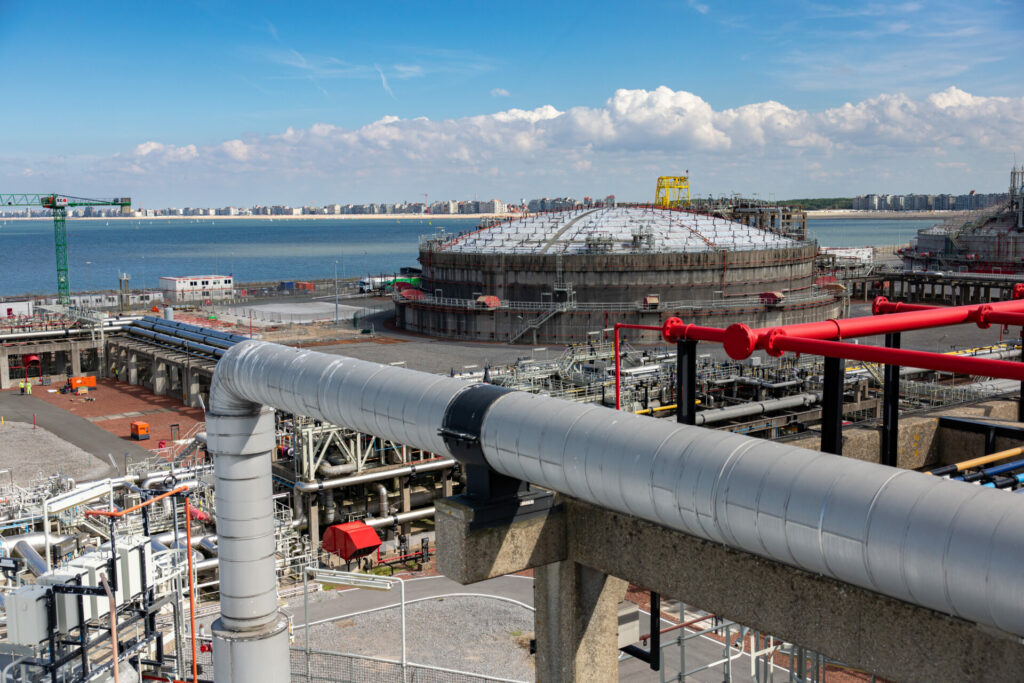Belgium will heighten government surveillance of foreign investments into ‘strategic areas’ with a new filtering process to assess investments that could pose a threat to strategic autonomy, Federal Minister for the Economy Pierre-Yves Dermagne announced.
The move aims to prevent investors from outside the EU from becoming owners or managers of sensitive infrastructure, in particular the technology, food supply, energy, data, and media sectors.
Security experts have recently criticised some investments that could allow personal data to be accessed or make important infrastructure vulnerable.
In 2016, the State Grid Corporation of China attempted to buy the Belgian grid operator Eandis, although the deal ultimately fell through. Concerns have also been raised about Chinese investment in Belgian port infrastructure, surveillance equipment, and airport facilities.
Following Russia's invasion of Ukraine, Dermagne has expressed his desire to increase the resilience and strategic autonomy of the economy. In Germany, the high value of Russian-state investment into energy infrastructure compromised the government’s position and made it vulnerable to Russian energy warfare.
Related News
- US protectionism poses 'existential challenge' to Europe, say EU leaders
- Benelux prime ministers want to build strategic industrial policy together
This decision will strengthen Belgium’s position, Dermagne argues. An inter-federal screening commission will be established to review investments, composed of various Belgian authorities. Foreign investments aiming to purchase more than a quarter of shares in vulnerable sectors will be screened.
For companies in the defence and energy sectors, this threshold will be lowered to 10%. The cooperation agreement is set to enter into force from the start of July next year.

